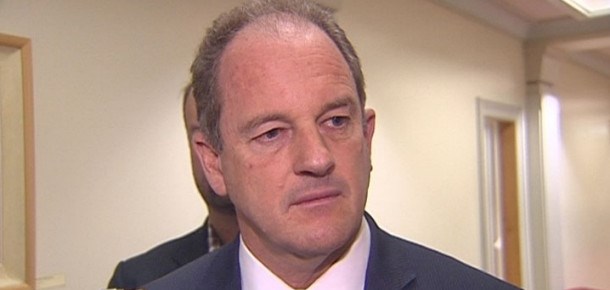David Shearer, the head of the UN mission in South Sudan (UNMISS), said the lack of face-to-face meetings between President Salva Kiir and opposition leader Riek Machar remains a fundamental challenge to the peace process.
“If at a local level, former bitter enemies can put the past behind them and reconcile, their national leaders must do the same. These leader-to-leader meetings, preferably held in Juba, are critical because trust and confidence can't cold start the day a new unified government is formed,” Shearer said while briefing the UN Security Council on the situation in South Sudan on Tuesday.
The top UN official lauded efforts of the African Union, regional bloc IGAD and the United Nations for working collectively to support the peace process in South Sudan.
“We are strongly unified in our position that the six-month extension must be the last one. We accept some tasks may not be entirely complete by November – however we define 'complete', but this should not delay the formation of the transitional government,” he said.
“We should see the peace agreement as a living document, not set in stone. There are no pre-transitional tasks that cannot be achieved within a unified transitional administration,” he added.
Shearer renewed calls on the government of South Sudan to meet its commitment to release funds for the implementation of the peace deal.
For his part, South Sudanese Ambassador Akuei Bona Malwal admitted that the peace agreement is facing challenges, calling on the international community to provide technical assistance and experts to help in the implementation process.
South Sudan’s rivals leaders failed to establish a new government as stipulated in the peace deal by May 12. The formation of the unity government was extended by six months to November in order to implement key provisions such as creating a unified army and determining the number of states.




